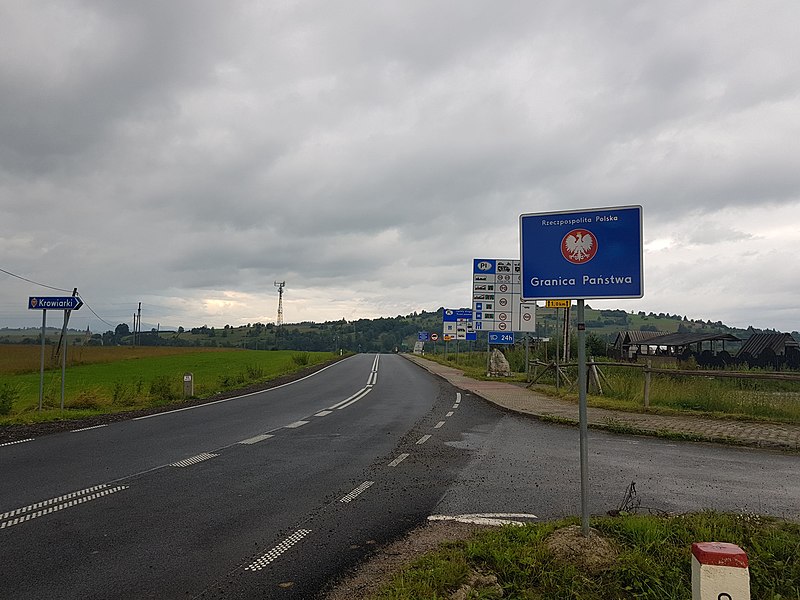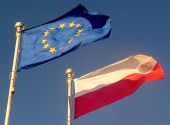
Poland has introduced temporary controls on its border with Slovakia, taking measures to restrict the entry of irregular migrants and deploying the military to support these restrictions.
Similar actions have been taken by Austria and the Czech Republic on their borders with Slovakia, while Slovakia itself has announced checks on its southern border with Hungary.
As members of the Schengen free-travel zone, Poland and Slovakia had previously maintained open borders. However, EU regulations permit states to temporarily implement controls "as a last resort measure in exceptional situations."
Under Poland's new measures, border crossings have been limited to eight road crossings, three railway crossings, and 11 pedestrian crossings. This has resulted in the closure of many small local roads along the border. Only EU citizens, their spouses, and children are allowed to cross the border on foot.
Random checks will be conducted for a period of ten days, extending until October 13, with the possibility of further extensions of up to two months, according to the interior ministry. The practical details of these checks have not been provided, except for mentioning that individuals or vehicles to be checked will be selected based on risk analysis. Travelers crossing the border are advised to carry their passports or identity cards.
The Polish government has indicated the potential for checks on "minibuses, vans, cars, and buses that may be suspected of carrying illegal immigrants."
Interior Minister Mariusz Kamiński has reported that Poland has already increased border controls in recent weeks, resulting in the detention of 551 individuals. However, specific differences between the new and previous controls have not been detailed.
Both the border guard and the defense ministry have confirmed that the military will support these checks, with soldiers having the same powers as the border guard and the ability to conduct inspections.
These measures have been prompted by the rising number of irregular migrants from outside the EU crossing into Germany, which has also introduced border controls on its borders with Poland and the Czech Republic. Some migrants enter Poland from Belarus, where Poland has implemented stringent border measures, including a wall and electronic surveillance. Others come from the south via the Balkans, Hungary, and Slovakia.
Slovakia's Prime Minister, Ľudovít Ódor, expressed concerns about the domino effect of border controls initiated by Poland and called for a European solution to migration challenges. However, Slovakia has also decided to implement checks on its southern border with Hungary.
Interior Minister Kamiński reiterated the Polish government's stance, blaming EU policies for exacerbating the migration crisis. He argued that the ease with which illegal migrants can obtain the right to stay in the EU, along with generous social benefits, has contributed to another influx. He called for a robust defense of the EU's external borders and a reform of the EU's asylum system in response to the wave of illegal migration in Europe. Photo by Maksym Kozlenko, Wikimedia commons.



































